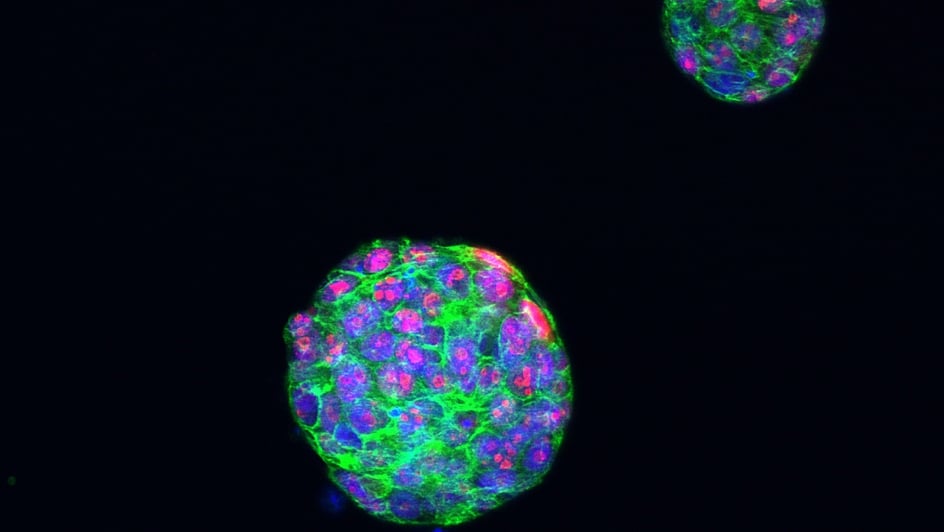Image Guided and Adaptive Radiotherapy in Clinical Practice: Including SABR Topics
Thank you for your interest in the Image Guided and Adaptive Radiotherapy course. Please note we are no longer taking applications for May 2025.
Course overview
This course is designed to help clinicians, physicists and radiographers to develop comprehensive programmes for the clinical implementation of image guided radiotherapy. The course has been awarded 19 RCR Category I CPD credits under The Royal College of Radiologists CPD scheme.
The curriculum covers many practical aspects and includes hands-on practical sessions, image matching, QA and dosimetry. It is recommended that a team of oncologist, physicist and radiographer from the same centre attend together.
The course is for three days and included in the cost are a set of lecture notes, a digital copy of the actual presentations, lunches, refreshments, cheese and wine and a course dinner on the Thursday evening.
Day one: Introduces multi-modality and functional imaging for the delivery of complex radiotherapy, discusses future developments as well as an introduction to the principles of IGRT, and clinical site implementation.
Day two: Lectures on head and neck, breast, prostate and lung clinical trials, SABR and image verification. FFF and small field dosimetry and QA with SABR.
Day three: Practical hands-on sessions on the use of Image Guidance protocols, QA, Dosimetry, and a journey through the patient pathway.
Downloads
Download the IG-ART Course Flyer 2025 for detailed course information.
Payment options
Invoice payment: please contact Paul Downs for details
BACS/ overseas transfers: please contact: Paul Downs for details
Course organisers
- Ms Margaret Bidmead
- Dr Helen McNair
- Dr Emma Harris
- Ms Sophie Alexander
Contacts
Margaret Bidmead (Course Creator)
Tel: 020 7808 2506
Fax: 020 7808 2522
This course has been accredited under The Royal College of Radiologists CPD scheme.
Related pages
Latest ICR News

Overuse of CT scans could cause 100,000 extra cancers in US
The overuse of CT scans could cause over 100,000 cases of cancer in the US – with almost 10,000 cases in children, researchers have warned.

ICR welcomes NICE recommendation of capivasertib for advanced breast cancer
The Institute of Cancer Research, London, strongly welcomes the decision by NICE to recommend the targeted breast cancer drug, capivasertib, in combination with fulvestrant, for treating the most common type of advanced breast cancer with specific biomarker alterations (PIK3CA, AKT1 or PTEN).